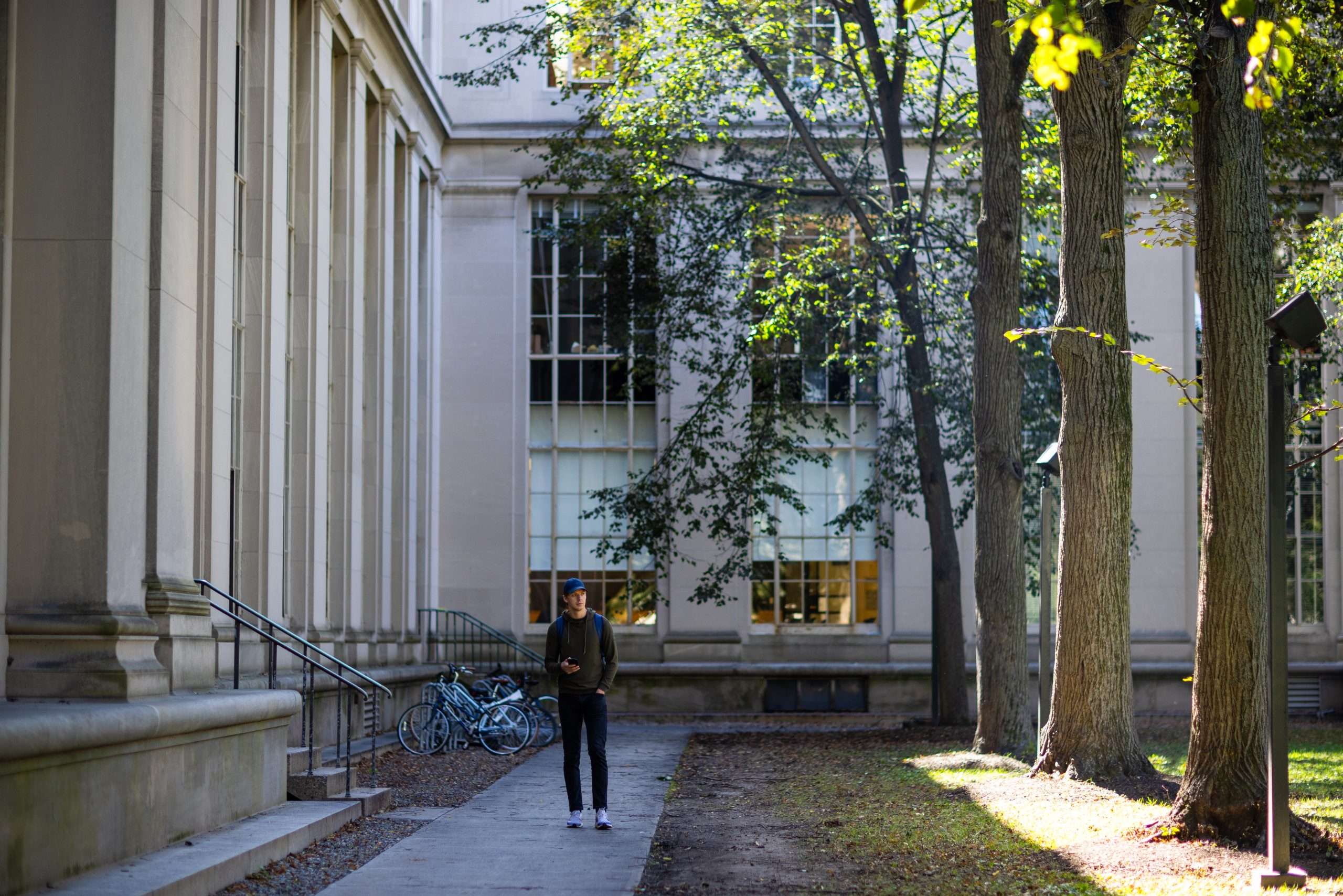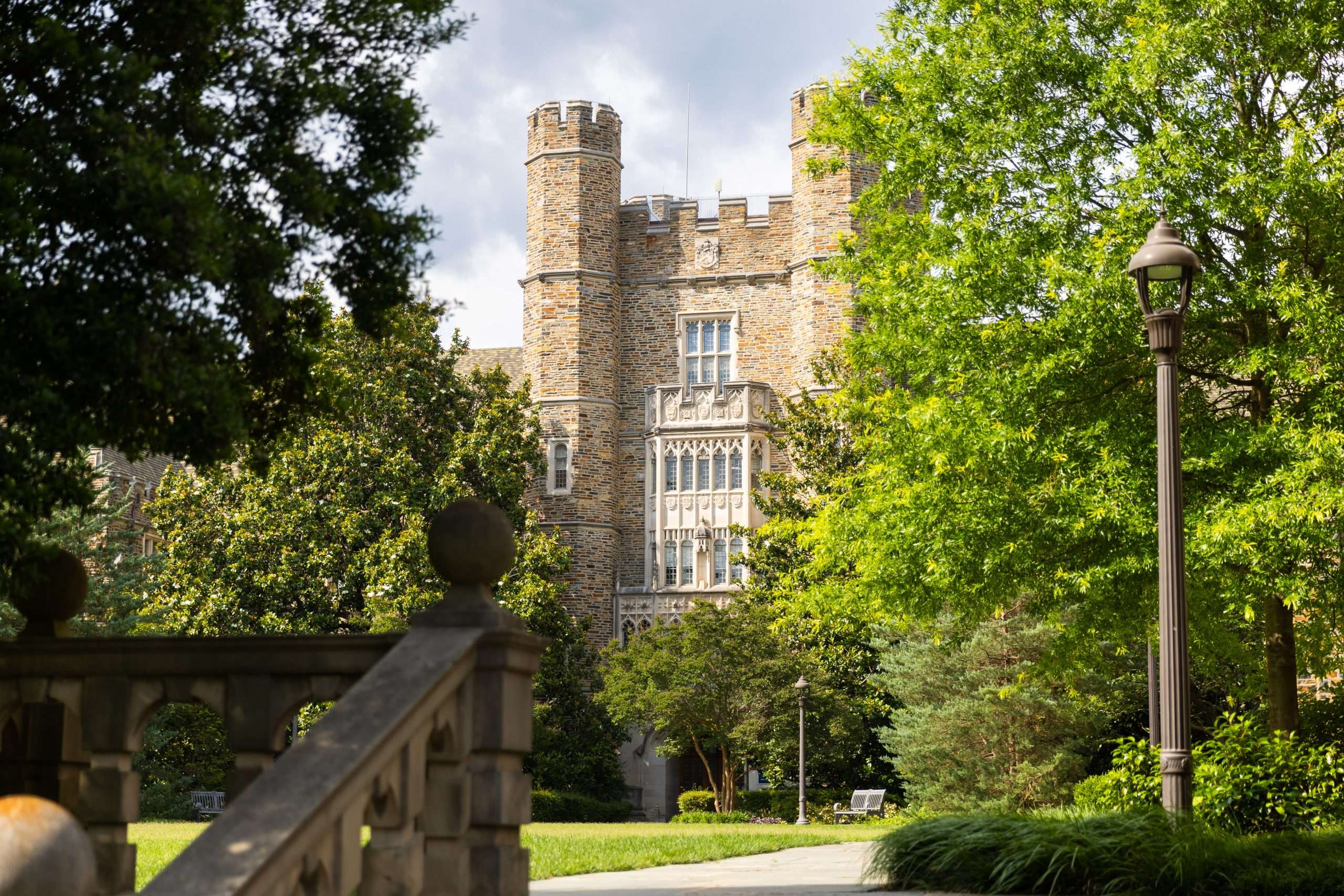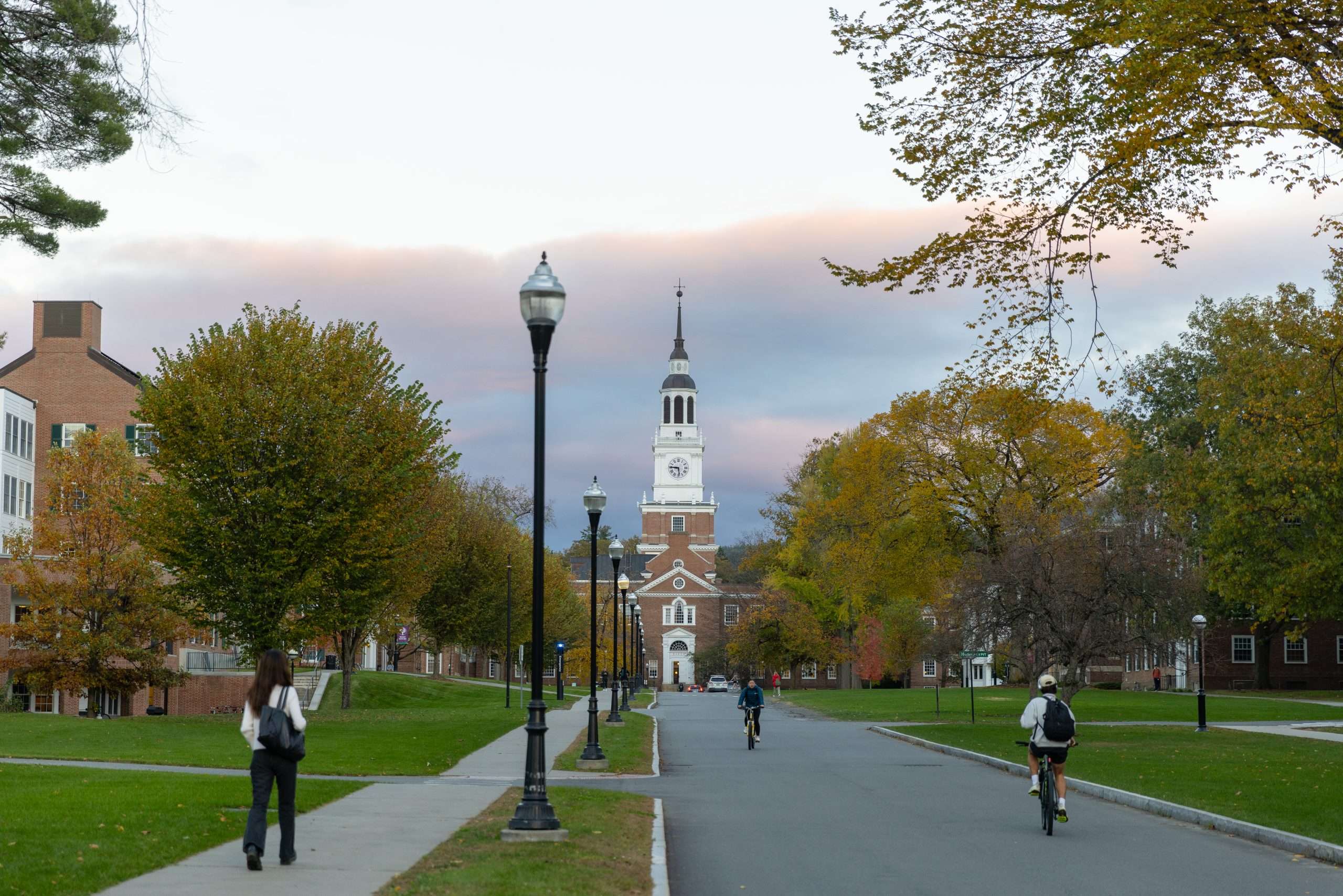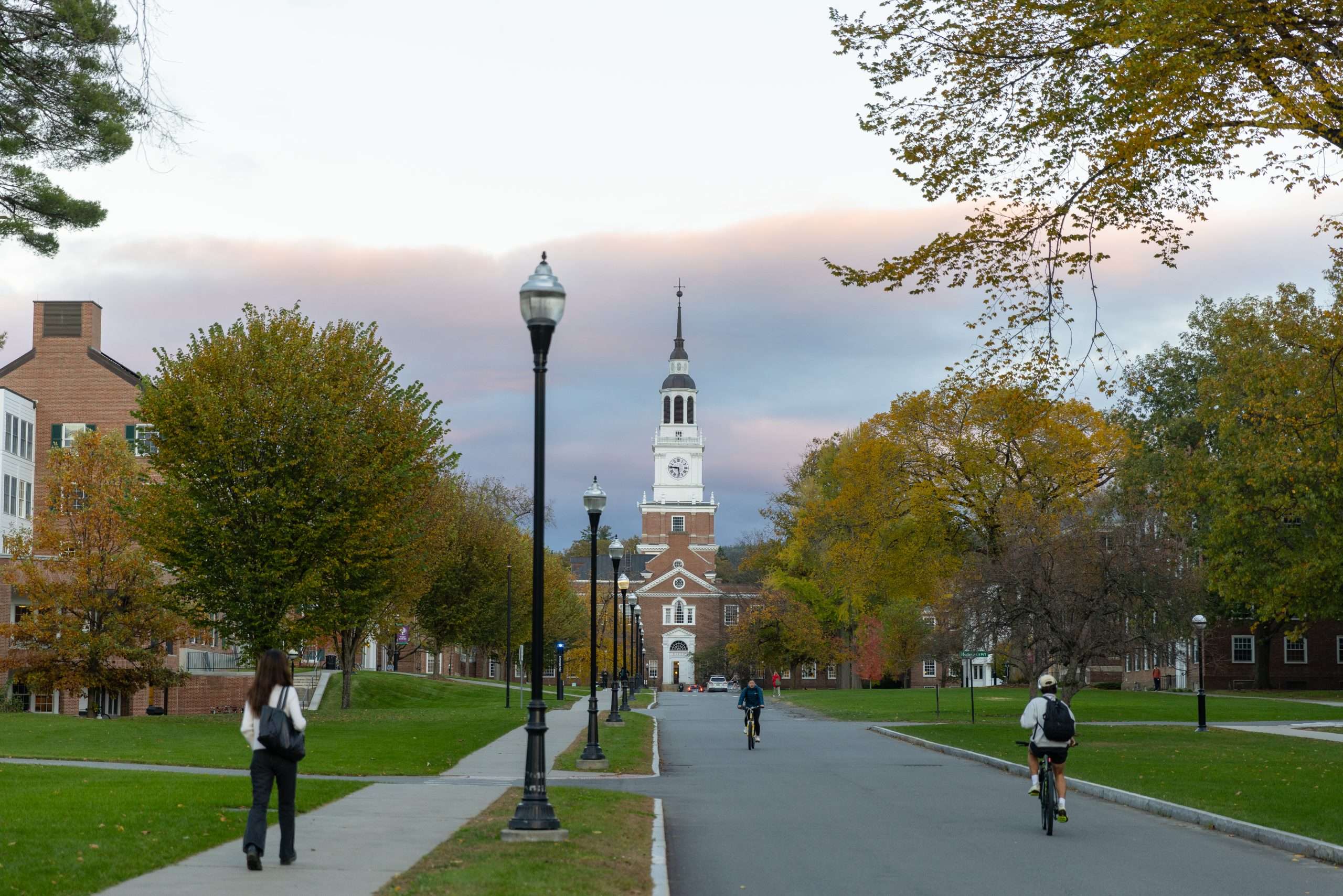The Ivy Coach Daily
MIT Supplemental Essay Prompts: 2024-2025

The Massachusetts Institute of Technology has released its essay prompts for applicants to the Class of 2029. The Institute, one of the last highly selective universities to release its essay prompts for the 2024-2025 admissions cycle, poses five required essay prompts to this year’s applicants in addition to an optional text box in which applicants can include anything else they wish to share. So what are this year’s MIT essay prompts? Let’s check them out!
2024-2025 MIT Essay Topics and Questions
Required Essay Prompts
MIT applicants are asked to answer the following five short answer essay prompts in 100-200 words.
1. What field of study appeals to you the most right now? (Note: Applicants select from a drop-down list.) Tell us more about why this field of study at MIT appeals to you.
This essay is an opportunity for students to articulate the origin story of their interest in a specific discipline — a discipline that is ideally showcased through their activities section and other MIT essays (always in complementary, never redundant ways). Students should focus on how they became interested in the field as high schoolers rather than as children.
2. We know you lead a busy life, full of activities, many of which are required of you. Tell us about something you do simply for the pleasure of it.
When answering this essay prompt, so many students choose to write about an activity that brings them joy that fails to showcase intellectual curiosity. The activity an applicant chooses need not relate to their hook that they’ve ideally showcased in other essays and their activities section. But it must showcase how an applicant thinks. Tie-dyeing a t-shirt isn’t an intellectual pursuit — until a student zeroes in on the math behind tie-dyeing. Do you get the idea?
3. While some reach their goals following well-trodden paths, others blaze their own trails achieving the unexpected. In what ways have you done something different than what was expected in your educational journey?
This is the only new essay prompt on this year’s MIT application. Last year, MIT posed a background/culture question in this slot, capitalizing on the Justice Roberts Loophole to the Supreme Court’s Affirmative Action ruling.
So why did MIT change the question? Perhaps Dean of Admissions Stu Schmill determined that including the question didn’t correlate with the Institute admitting a more diverse class. After all, in the wake of the fall of Affirmative Action, Black and Latino enrollment dropped sharply for the MIT Class of 2028 (the percentage of Black, Latino, Native American, and Pacific Islander students dropped to 16% from 25% in recent years), as reported by The New York Times.
In this essay’s place, MIT’s admissions committee instead asks students to write about something they’ve done academically that wasn’t required of them. Perhaps it’s research that they conducted at a local university. Or maybe it’s designing an independent study at their school. Or it could be taking courses outside of their school. Whichever direction a student chooses, they have to explain why, and the work should ideally relate to the student’s singular hook.
4. MIT brings people with diverse backgrounds together to collaborate, from tackling the world’s biggest challenges to lending a helping hand. Describe one way you have collaborated with others to learn from them, with them, or contribute to your community together.
MIT’s admissions committee wants to see that an applicant can play well in the sandbox with others. Too many know-it-alls apply to MIT. MIT is sifting through applications to identify students who have strong opinions but are malleable to change them when presented with differing viewpoints.
Through a specific anecdote, applicants should describe an example of a time they worked with others to address a problem in their community — ideally related to their hook so that their application sings with a singular talent rather than well-roundedness. If an applicant’s hook is environmental science, their answer will hopefully focus on an environmental issue in their community.
5. How did you manage a situation or challenge that you didn’t expect? What did you learn from it?
Too many applicants choose to write about tough graders or rigorous exams. It’s a mistake. MIT’s admissions committee seeks to admit students for whom learning comes easily rather than students who have to work hard to get great grades and scores. Besides, by writing about grades and tests, it implies that’s what matters to the applicant.
Students should instead focus on an anecdote that showcases their love of learning. It could be a time when an applicant was debating a hot-button political issue with a classmate in a political science course. Maybe the fellow student they were discussing raised a point the applicant didn’t foresee and for which they didn’t have a retort. So the applicant hit the library and learned more about the issue, only to come back the next day to either counter or further substantiate the fellow student’s position.
Optional Open-Ended Additional Information Textbox Prompt
MIT’s admissions committee also includes a final, open-ended text box with the below instructions and 650 words available in the text box:
There is also one final, open-ended, additional-information text box where you can tell us anything else you think we really ought to know.
In this free response, many students include their Common Application Personal Statement. So long as it fits like a puzzle piece with the MIT supplemental essays, we at Ivy Coach fully support that since any optional essay in elite college admissions should not be considered optional. Instead, it should be viewed as an opportunity to inspire admissions officers to root for an applicant.
Ivy Coach’s Assistance with MIT Essays
If you’re interested in optimizing your case for admission to the Massachusetts Institute of Technology, fill out Ivy Coach’s complimentary consultation form, and we’ll be in touch to delineate our college counseling services for seniors.
You are permitted to use www.ivycoach.com (including the content of the Blog) for your personal, non-commercial use only. You must not copy, download, print, or otherwise distribute the content on our site without the prior written consent of Ivy Coach, Inc.
TOWARD THE CONQUEST OF ADMISSION
If you’re interested in Ivy Coach’s college counseling, fill out our complimentary consultation form and we’ll be in touch.
Get Started




